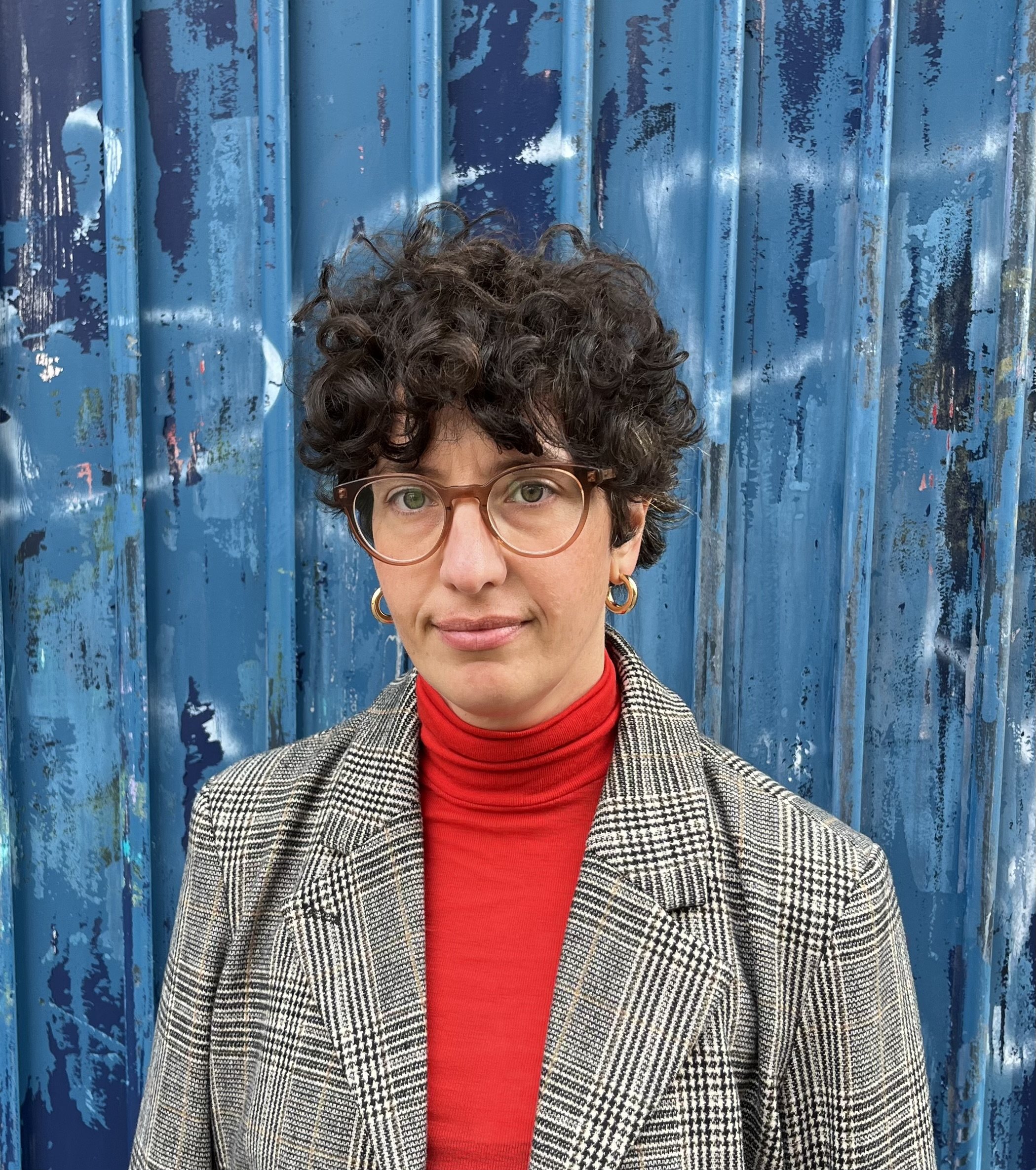Biography
My research is empirically concerned with how hazardous materials are sensed, managed, regulated, and governed. I am developing a critical transdisciplinary praxis that works across the social, physical, and natural sciences, as well as the arts and humanities. This work assembles publics within and beyond the academy; I have co-produced research with a range of publics, including government agencies, industry associations, trade unions, NGOs, activists, and artists.
My work is theoretically and ethically located at the intersections of feminist science and technology studies and human geography. This enables me to co-produce interventions which move beyond critique and ‘damage-based’ methodologies. The pursuit of epistemic justice underpins my transdisciplinary praxis, and I center the knowledge of (often marginalised) publics most heavily affected by pollution. I’ve worked at sites of disposal and contamination across the UK, Greece, Tanzania, Poland, and the Netherlands, and traced the relations in-between.
This capacity to work across and beyond academic disciplines is shaped by my somewhat unconventional career path. My education spans across the natural sciences, social sciences, arts, and humanities. My path commenced in Naarm (Melbourne) Australia, in the performing arts, where I worked in production and management. I then transitioned back into higher education to follow my interests in environmental justice, and subsequently re-trained as a geographer. After receiving a Bachelor of Environments (2014) and PhD in Human Geography from the University of Melbourne (2018), I moved to the UK to undertake a Rutherford Fellowship in the Institute of Environment, Health and Societies at Brunel University London. In 2019 I joined the Department of Geography at the University of Exeter as a Lecturer, and after 5 years in the UK, in the Autumn of 2023 I moved to the Netherlands to join Wageningen University & Research as an Associate Professor in the Knowledge, Technology and Innovation Group.
A project page is currently under construction. Please get in touch if you would like to learn more about my past and future research projects.
